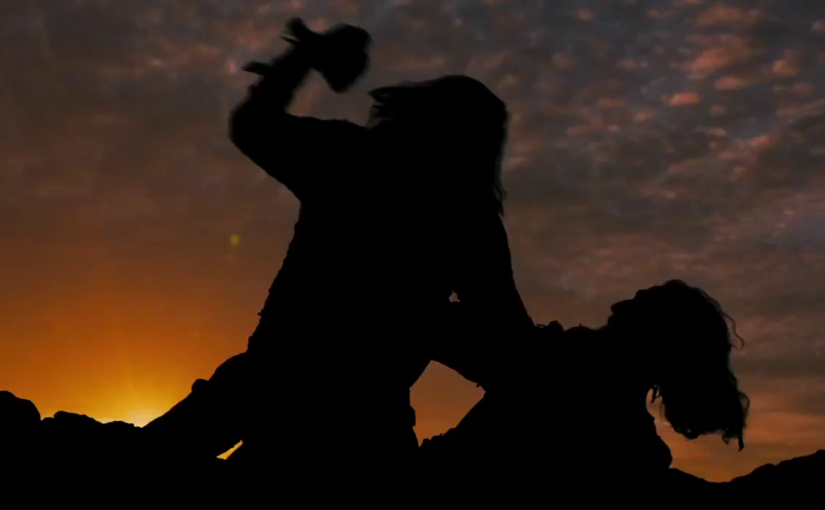We’re still in the opening chapters of human history in our first reading, and in these opening chapters we see some of the less beautiful parts of human nature. The first reading reads like an exposition of deadly sins, and these sins have continued to plague humanity ever since.
We start with envy, as Cain laments that his offering was not accepted with the same favor as was his brother, Abel’s. We move from envy to murder, with Cain committing the very first fratricide, killing his very own brother. From there, we go to apathy, as Cain rejects the opportunity to be his brother’s keeper. And then we meet false witness, as he lies about the murder that he committed. And if all of that isn’t enough, Cain then complains about his punishment as if it was something he didn’t deserve. If he’d only tried repentance, or expressed sorrow for his sins, or even accepted responsibility for what he’d done, maybe things would have turned out differently.
But, in this opening act of human history, we see God’s mercy. God does not remit the entirety of Cain’s punishment, but promises that even his death would be unacceptable. Maybe we should think about that in regard to the death penalty: if even God doesn’t condone the murder of a murderer, then who are we to do that? So God marks Cain, as we all are marked with God’s presence at our baptism. So even in this very early story of our history, we can see that baptism was always intended for our salvation.
The Psalmist this morning says that we absolutely cannot profess God’s commandments and sing his praises, without also accepting God’s discipline and following God’s word. A sacrifice of praise is a life lived with integrity, and that is the sacrifice that God wants of us in every moment.
